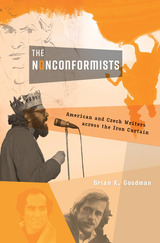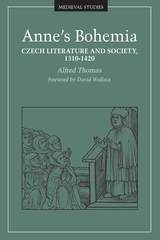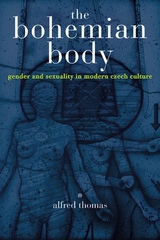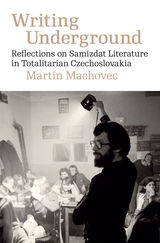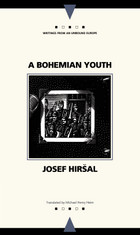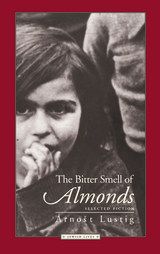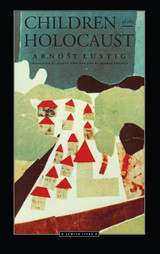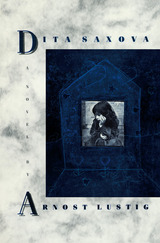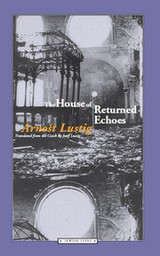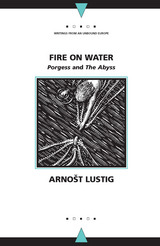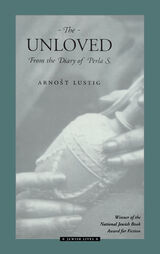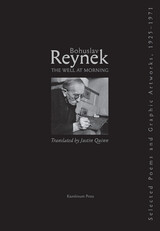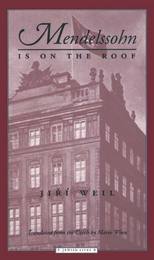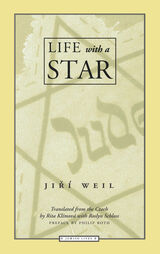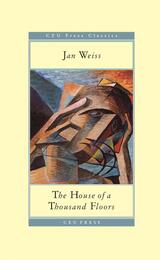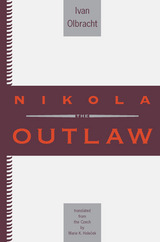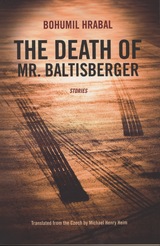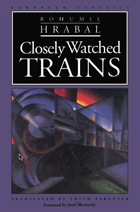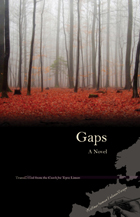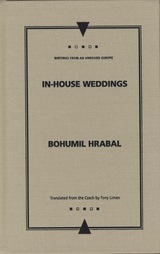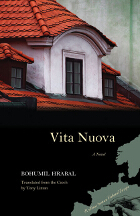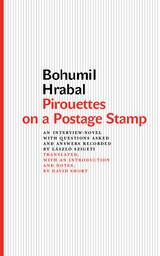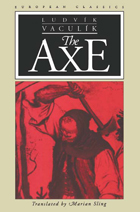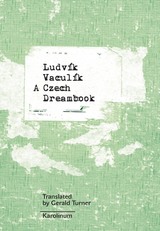Early Poetry of Jaroslav Seifert
Northwestern University Press, 1997
Cloth: 978-0-8101-1383-1 | Paper: 978-0-8101-1384-8
Library of Congress Classification PG5038.S45A23 1997
Dewey Decimal Classification 891.86152
Cloth: 978-0-8101-1383-1 | Paper: 978-0-8101-1384-8
Library of Congress Classification PG5038.S45A23 1997
Dewey Decimal Classification 891.86152
ABOUT THIS BOOK | AUTHOR BIOGRAPHY | REVIEWS | TOC
ABOUT THIS BOOK
Nobel Prize winner Jaroslav Seifert's poetry is strongly situated within the Czech literary tradition of Poetism, which evolved into a playful, light-hearted refuge from world history while maintaining an edge of social consciousness. Called "a living symbol of the continuity in modern Czech literature" by Václav Havel, Seifert remains a towering figure in European poetry more than a decade after his death.
See other books on: Early Poetry | European | Poetry
See other titles from Northwestern University Press

